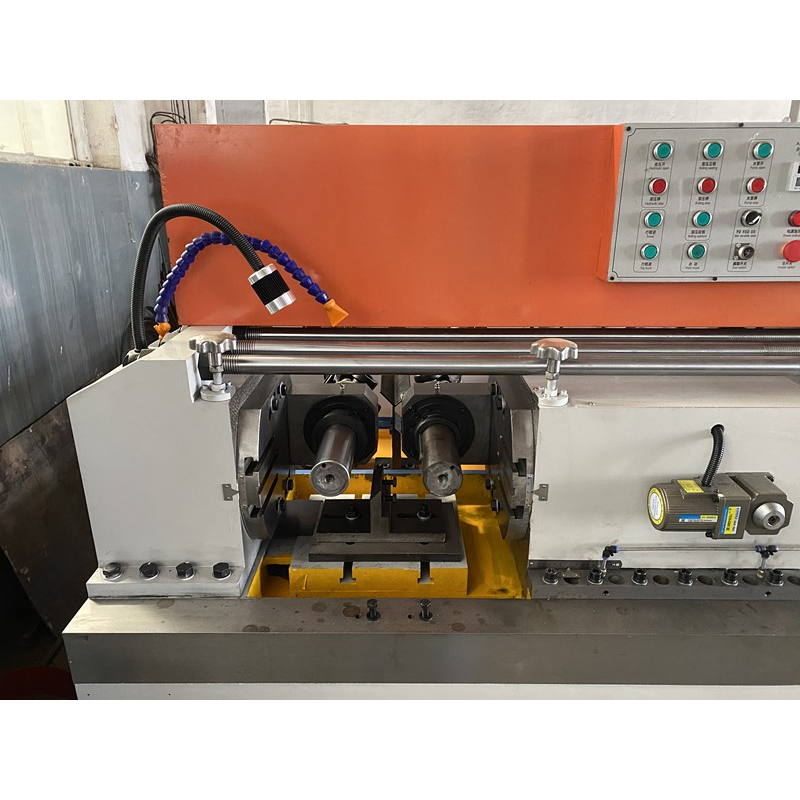
-
 Afrikaans
Afrikaans -
 Albanian
Albanian -
 Amharic
Amharic -
 Arabic
Arabic -
 Armenian
Armenian -
 Azerbaijani
Azerbaijani -
 Basque
Basque -
 Belarusian
Belarusian -
 Bengali
Bengali -
 Bosnian
Bosnian -
 Bulgarian
Bulgarian -
 Catalan
Catalan -
 Cebuano
Cebuano -
 Corsican
Corsican -
 Croatian
Croatian -
 Czech
Czech -
 Danish
Danish -
 Dutch
Dutch -
 English
English -
 Esperanto
Esperanto -
 Estonian
Estonian -
 Finnish
Finnish -
 French
French -
 Frisian
Frisian -
 Galician
Galician -
 Georgian
Georgian -
 German
German -
 Greek
Greek -
 Gujarati
Gujarati -
 Haitian Creole
Haitian Creole -
 hausa
hausa -
 hawaiian
hawaiian -
 Hebrew
Hebrew -
 Hindi
Hindi -
 Miao
Miao -
 Hungarian
Hungarian -
 Icelandic
Icelandic -
 igbo
igbo -
 Indonesian
Indonesian -
 irish
irish -
 Italian
Italian -
 Japanese
Japanese -
 Javanese
Javanese -
 Kannada
Kannada -
 kazakh
kazakh -
 Khmer
Khmer -
 Rwandese
Rwandese -
 Korean
Korean -
 Kurdish
Kurdish -
 Kyrgyz
Kyrgyz -
 Lao
Lao -
 Latin
Latin -
 Latvian
Latvian -
 Lithuanian
Lithuanian -
 Luxembourgish
Luxembourgish -
 Macedonian
Macedonian -
 Malgashi
Malgashi -
 Malay
Malay -
 Malayalam
Malayalam -
 Maltese
Maltese -
 Maori
Maori -
 Marathi
Marathi -
 Mongolian
Mongolian -
 Myanmar
Myanmar -
 Nepali
Nepali -
 Norwegian
Norwegian -
 Norwegian
Norwegian -
 Occitan
Occitan -
 Pashto
Pashto -
 Persian
Persian -
 Polish
Polish -
 Portuguese
Portuguese -
 Punjabi
Punjabi -
 Romanian
Romanian -
 Russian
Russian -
 Samoan
Samoan -
 Scottish Gaelic
Scottish Gaelic -
 Serbian
Serbian -
 Sesotho
Sesotho -
 Shona
Shona -
 Sindhi
Sindhi -
 Sinhala
Sinhala -
 Slovak
Slovak -
 Slovenian
Slovenian -
 Somali
Somali -
 Spanish
Spanish -
 Sundanese
Sundanese -
 Swahili
Swahili -
 Swedish
Swedish -
 Tagalog
Tagalog -
 Tajik
Tajik -
 Tamil
Tamil -
 Tatar
Tatar -
 Telugu
Telugu -
 Thai
Thai -
 Turkish
Turkish -
 Turkmen
Turkmen -
 Ukrainian
Ukrainian -
 Urdu
Urdu -
 Uighur
Uighur -
 Uzbek
Uzbek -
 Vietnamese
Vietnamese -
 Welsh
Welsh -
 Bantu
Bantu -
 Yiddish
Yiddish -
 Yoruba
Yoruba -
 Zulu
Zulu
Types of Thread Rolling Machines for CE Certification and Their Applications
CE Certification Types for Thread Rolling Machines
In the realm of manufacturing, thread rolling machines play a crucial role in creating high-precision threaded fasteners and components. As businesses and manufacturers seek to ensure safety, reliability, and compliance with international standards, CE certification becomes an essential consideration. This article explores the types of CE certifications applicable to thread rolling machines, examining their significance and implications for manufacturers and users.
Understanding CE Certification
The CE mark indicates that a product complies with European health, safety, and environmental protection standards. The certification is mandatory for products sold within the European Economic Area (EEA). For thread rolling machines, obtaining CE certification signifies that the equipment has been assessed and meets stringent EU directives. This certification provides assurance to consumers and businesses that the machines are safe to operate and environmentally sound.
Types of CE Certification for Thread Rolling Machines
1. Directive 2006/42/EC - Machinery Directive
One of the primary CE certifications applicable to thread rolling machines falls under the Machinery Directive. This directive provides minimum safety and health requirements for machinery used in the workplace. Under this framework, manufacturers must conduct a risk assessment to identify potential hazards associated with the machine. This includes mechanical hazards, electrical risks, and noise exposure. Machines that meet these criteria can be certified under the Machinery Directive, allowing them to be sold in Europe.
2. Directive 2014/30/EU - EMC Directive
The Electromagnetic Compatibility (EMC) Directive ensures that electrical equipment does not generate electromagnetic interference and is immune to the interference from other devices. For thread rolling machines, compliance with the EMC Directive is critical, especially as these machines often contain electronic components. Manufacturers must conduct tests to verify that their machines meet EMC requirements, resulting in smoother operation and reduced risk of operational disruption caused by electromagnetic interference.
ce certification types of thread rolling machine

3. Directive 2014/35/EU - Low Voltage Directive (LVD)
The Low Voltage Directive applies to electrical equipment operating within specific voltage limits. It ensures that electrical parts of thread rolling machines, such as motors or controls, are safe to operate and do not pose electrical hazards. Compliance with the LVD is crucial for manufacturers to avoid potential accidents related to electrical failures, thereby protecting both users and equipment.
4. Directive 2011/65/EU - RoHS Directive
The Restriction of Hazardous Substances (RoHS) Directive restricts the use of specific hazardous materials found in electrical and electronic equipment. For thread rolling machines that incorporate electronic components, compliance with RoHS is necessary to ensure that hazardous substances, such as lead, mercury, and cadmium, are limited to permissible levels. This directive not only supports environmental sustainability but also responds to growing consumer demand for safe and eco-friendly products.
The Certification Process
Obtaining CE certification requires a thorough understanding of applicable directives and compliance requirements. The typical certification process involves
1. Risk Assessment Identifying and evaluating potential risks associated with the machine. 2. Technical Documentation Preparing comprehensive documentation that demonstrates compliance with relevant directives. 3. Testing and Checking Conducting tests to ensure that the machine meets all safety and performance standards. 4. Declaration of Conformity Issuing a declaration stating that the machine complies with applicable directives. 5. Affixing the CE Mark Once certified, the CE mark can be affixed to the machinery, allowing legal sale in the EEA.
Conclusion
CE certification for thread rolling machines is a critical aspect that manufacturers must navigate to ensure market access and customer confidence. By understanding the various directives relevant to their equipment, manufacturers can enhance safety, improve product quality, and meet the obligations of the European Union's regulations. As manufacturing processes evolve and the demand for safe and reliable machinery grows, adherence to CE certification not only ensures compliance but also fosters trust and satisfaction among users.
